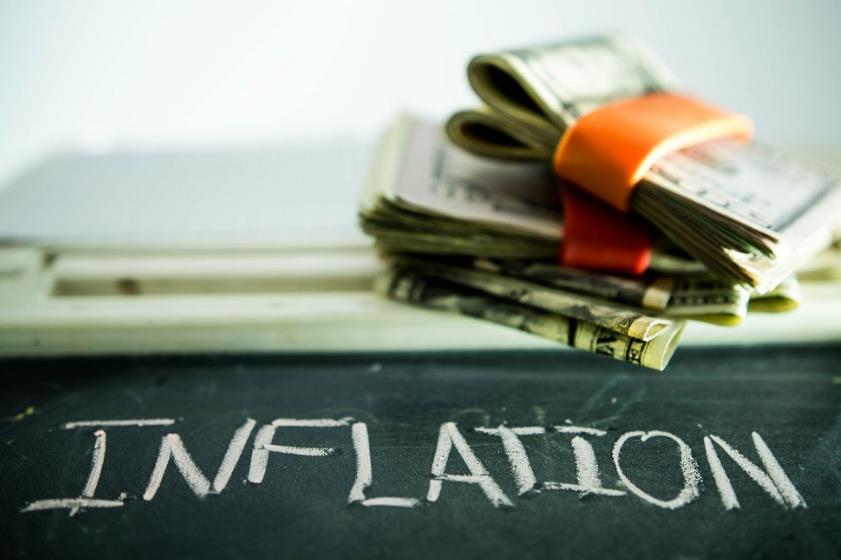The Bank of Canada’s latest surveys of businesses and consumers show that higher interest rates are having an impact on inflation expectations and economic activity. The surveys, released on Monday, suggest that the central bank’s aggressive rate hiking campaign is likely over and that policymakers may start considering rate cuts as early as the first half of this year.
According to the bank, firms reported that downward pressures on the growth of their input and output prices have “eased somewhat,” leading to a less negative reading of the business outlook indicator, which rose slightly to -3.2 in the fourth quarter, from -3.5 previously. Firms see softer demand and renewed competitive pressures moderating their output price growth, and pricing behaviour is “slowly returning to normal,” the business survey showed.

The surveys also indicated that firms saw declines in sales volumes, and that indicators of future sales deteriorated compared to a year earlier. For businesses, inflation expectations have been slowly trending down, the bank said. Still, about a quarter of firms think it will take longer than four years for inflation to return to the 2 per cent target, due to increases in wages, food prices and housing costs.
Wage growth remains elevated but may ease
While concerns about labour shortages are receding, persistently elevated wage growth is a reason why some firms expect inflation to remain above the bank’s 2 per cent target for some time. Still, the majority of firms think wage gains will be back to normal by 2025. Wage growth expectations are gradually declining as fewer businesses adjust wages for past cost-of-living increases as demand for labour eases, the bank said.
For consumers, they perceive inflation to have decreased, and their expectations for price growth for some key goods such as food and gas have moderated. Their persistently high expectations for inflation for services such as rent may be slowing progress in returning overall inflation expectations to where they were before the pandemic. Although workers perceive the labour market to be weaker, their expectations for wage growth remain elevated. On the other hand, actions that may support inflation — like seeking wage increases to offset inflation — are dissipating, the bank said.
Rate cuts on the horizon?
The surveys underscored an economy hit by the bank’s aggressive rate hiking campaign, which raised the policy rate by 150 basis points to 2.25 per cent in 2023, the highest among major advanced economies. The bank’s governor, Tiff Macklem, has said that once officials are assured that price pressures are on a sustained downward track, they “will be considering whether and when we can lower our policy rate.”
Most analysts expect the bank to start cutting rates in the second quarter of this year, as inflation cools and growth slows amid the ongoing challenges of the COVID-19 pandemic and the global supply chain disruptions. The bank’s next interest rate decision is on January 26, when it will also release its updated economic projections.
